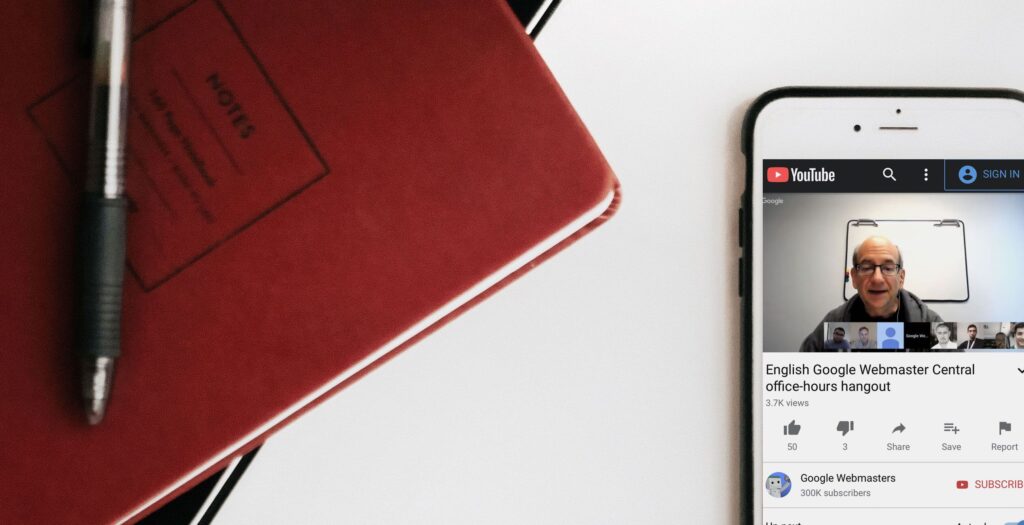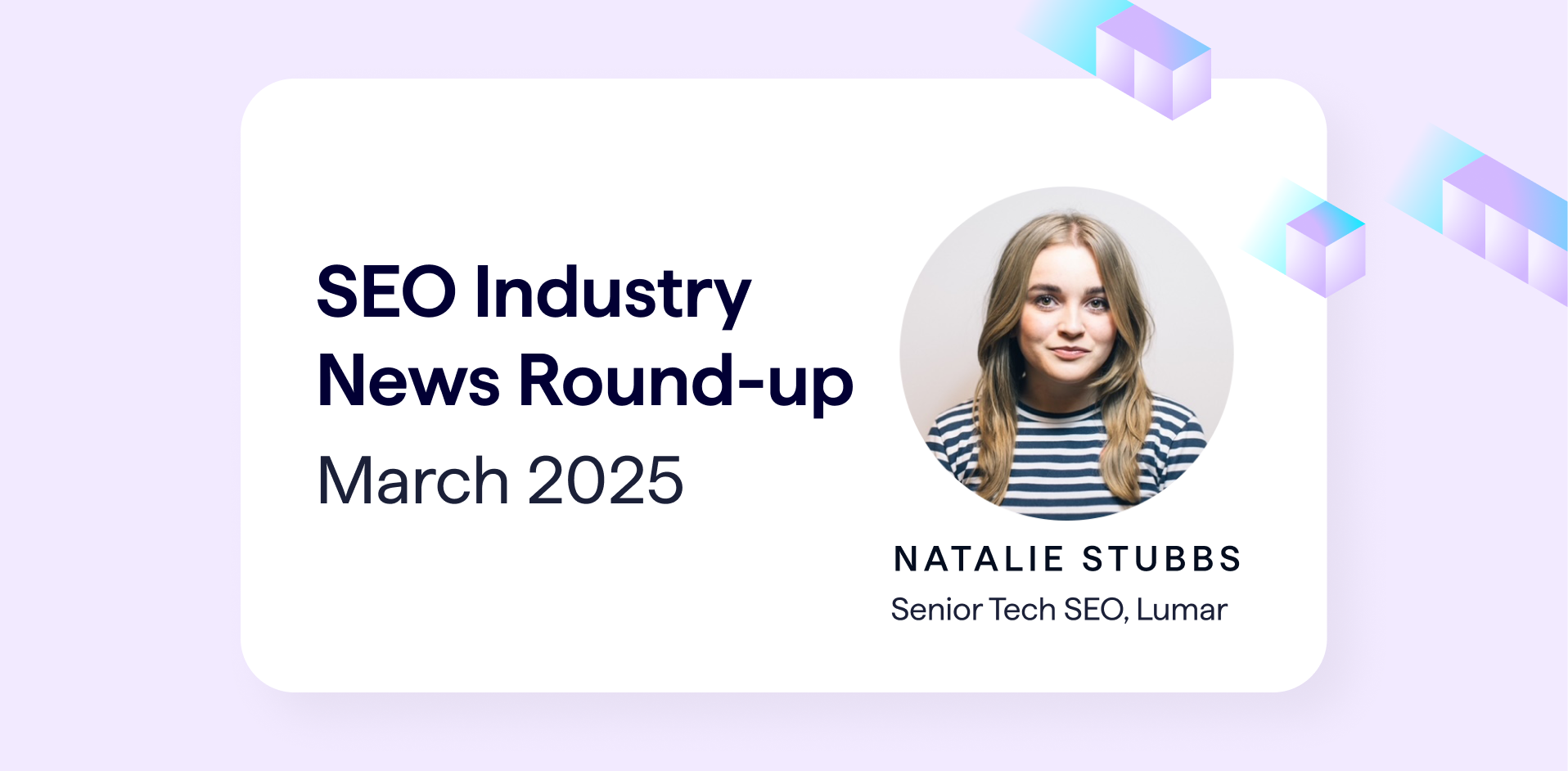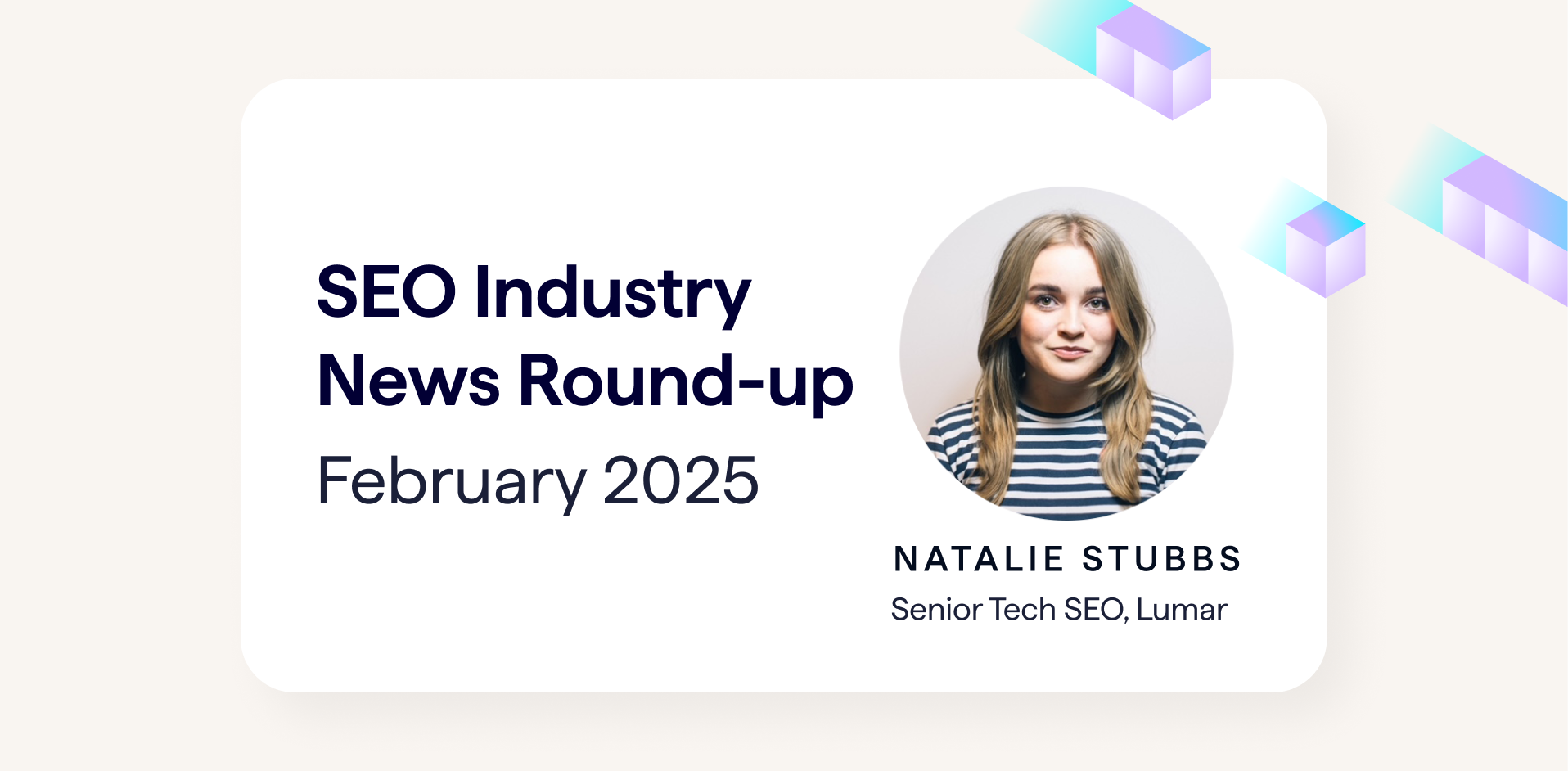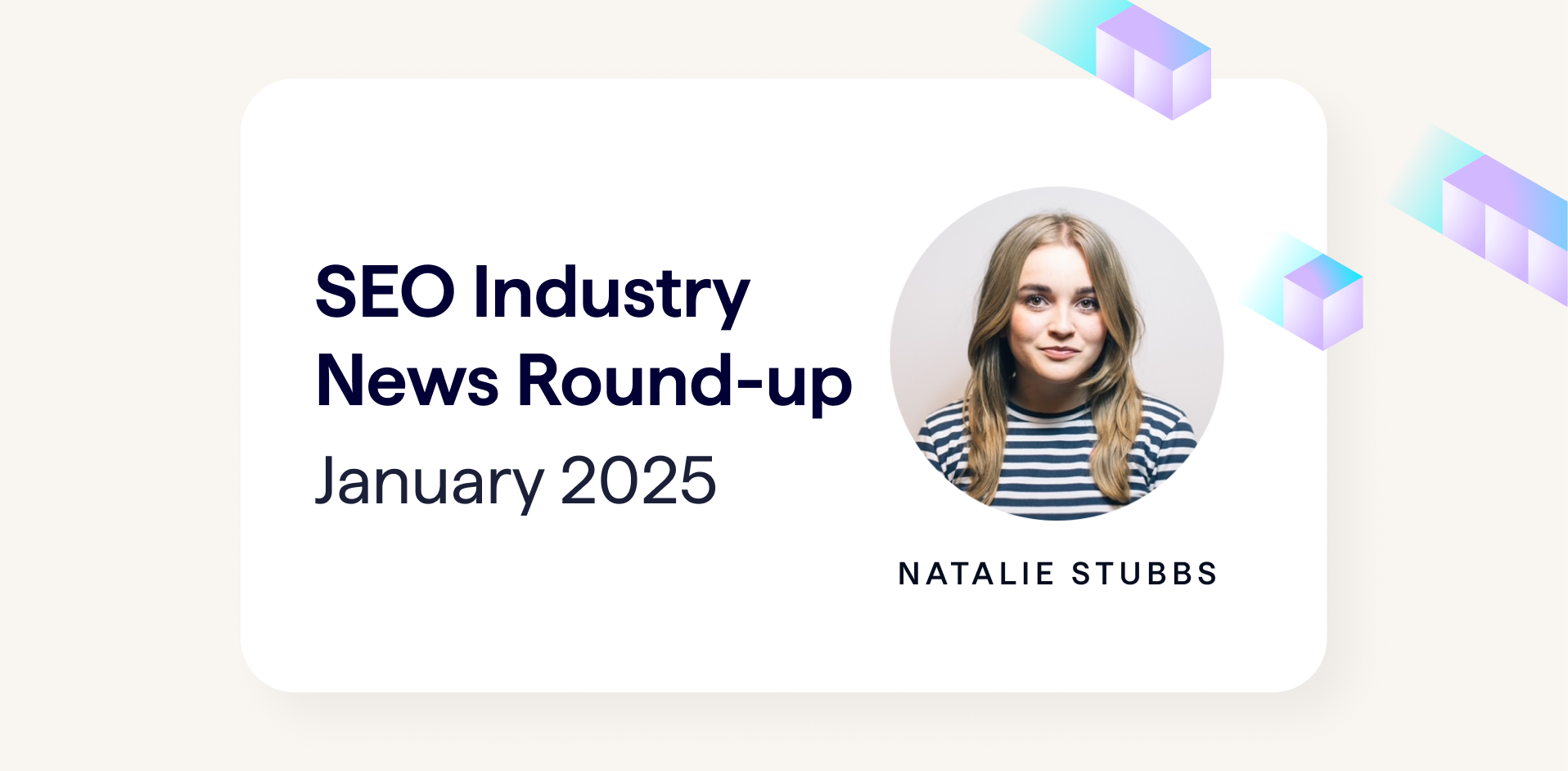Notes from the Google Webmaster Hangout on the 12th of June 2018.
SafeSearch Requests Can Take Weeks to be Processed
Requests to tell Google that your content is mistakenly being filtered by SafeSearch can take a few weeks to be processed by the SafeSearch Team.
Google Crawls AMP Pages to Validate & Cache Them
Google crawls AMP pages to check they are valid with a canonical tag back to the webpage, and also to be able to show them in the AMP cache.
Google Doesn’t Support Hreflang Links in Anchor Tags
Google doesn’t support hreflang links in anchor tags. John recommends implementing hreflang in the head of a page, in the HTTP header or in a sitemap file because it is complicated enough already without including it elsewhere on a page.
Videos Blocking Googlebot May Still be Crawled and Indexed
Blocking Googlebot from crawling a video may still result in a video snippet appearing in search if the video file is embedded from a different location, if some Google datacentres haven’t yet seen the updated version or if the video URL has parameters attached.
Ensure Google is Shown the Same Title When the Page is Fetched & Rendered
If Google is switching the titles between individual URLs, then something with the back-end of the website may be wrong. Google should be able to get the same title when it initially fetches the page as when it is rendered.
Google Search Doesn’t Use Ratings as a Ranking Factor Like MyBusiness Listings
Google doesn’t use the content seen in surveys as a ranking factor in organic search because they don’t know what ratings mean e.g. a lower rating might actually be better. Organic search is different to MyBusiness listings, where reviews and ratings are important for rankings.
Search Volumes in Keyword Planner and Search Console May Not be Equivalent
Search volume in Keyword Planner and GSC impressions might not be equivalent for queries where you are ranking on page 1. This could be because Keyword Planner is combining volumes for multiple search queries or your page may only rank on page 1 in specific countries.
Google Quicker to Understand Pages on Existing Sites Compared to New Sites
It is easier for Google to understand new pages to an existing website compared to new pages on a new site because Google already understands the context of that site on the web.
Google Folds Together Different Country Versions in Search Unless Content is Unique
With different country versions of sites on different ccTLDs, Google will fold these together in search unless they have unique content. John recommends providing localised content on these different ccTLDs to make them as relevant as possible to users as well as consulting with experts in this area.





